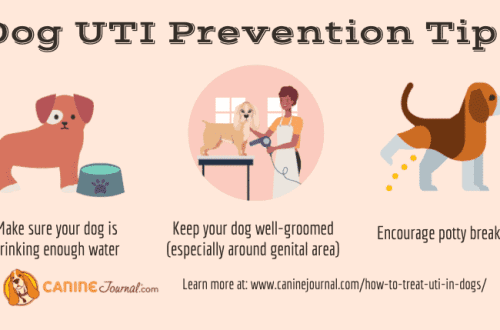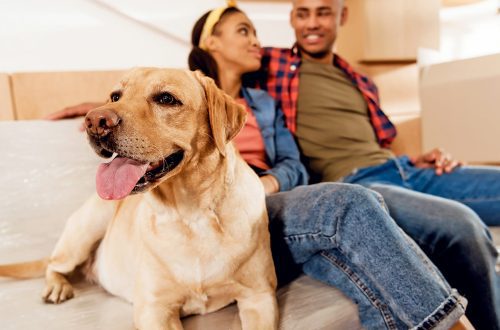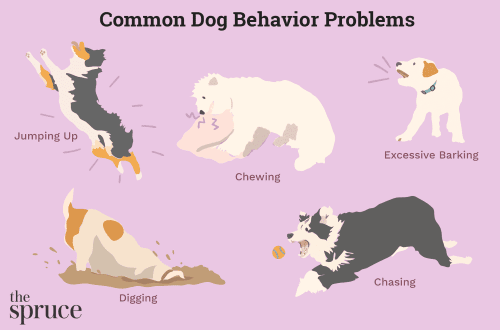
How the support of your beloved dog helps to heal
If you’ve ever lost a loved one, you know how much emotional support from your dog can help. The healing power of dogs is something that never loses relevance or goes out of style. They can give you loving hugs, defuse the situation and give you a sense of stability, which is especially important during the most difficult periods of your life.
When you lose someone, life goes on around you, even though sometimes you don’t feel like it. There are things that need to be done anyway, and a pet can be a caring reminder of those responsibilities. Dogs don’t just need to be fed and taken to the toilet; they still need regular exercise and your attention.
At the same time, dogs are very loving animals that are sensitive to your emotional needs and help you maintain mental health. They can help people cope with hugs and attention, returning you with the same warmth and affection that you give them daily.
Emotional support from animals is a godsend when you need it most. Here are two stories about real dogs that helped their owners cope with the sudden loss of a family member.
Leonora and Jack
 Jack was born to Leonora in September 2004, but at the time he was just a puppy about eight weeks old.
Jack was born to Leonora in September 2004, but at the time he was just a puppy about eight weeks old.
“After I lost my mother in January 2014, there were days when getting out of bed seemed impossible and, I would even say, pointless. But Jack wouldn’t let that happen, she says. “He depends a lot on me and my husband, because he needs to walk, eat, drink, plus we have to play with him.”
And since he went blind in 2012, he needed a little more attention than other dogs. This usually means that they help him move around the house when needed. He’s usually great at everything, but if he’s agitated or not very attentive, he can get stuck in the corner of a room in their house. Leonora and her husband can’t just let him out in the backyard to do his chores, so they take him out for short walks several times a day to do whatever he needs to do.
Just like a guide dog to his master, “Jack counts on us to be his eyes.”
In addition to taking care of him daily—during the many sleepless nights that still happen—Leonora lies down on the floor next to Jack after her husband goes to bed, lays her head next to him, reads a goofy romance novel, strokes his fur, and waits. until his breath soothes her. “For the first few months, we hugged constantly,” she recalls, “until I was completely exhausted, after which I crawled back into bed and fell asleep.”
Grief paralyzes and makes you lonely. Jack is one of the simple joys. He rejoices when his owners return home after work. He waves his tail in gratitude when he is being fed. He meets them both at the door every time they come home (well, almost…he’s gotten a little slower by his 15s). “He often lies with his head in my lap when I draw or read, and I know that no matter what, he loves me unconditionally.” Here’s what you get in return when you give your dog emotional support. “There were a few nights when I sobbed, buried in his fur, which, as I found, absorbs water quite well,” she jokes.
“It’s funny that I have a husband, a job and a family that needs me,” she reflects, “but sometimes the only thing that helped me move forward was my dog Jack.”
Leonora has been greatly helped by the support of family and friends, but sometimes in an attempt to cope with sadness, denial, anxiety or grief, she does not want to talk, analyze or even think about it. According to her, Jack, in his own way, made her feel what she needed, without suggesting anything or trying to fix anything. It’s just a blessing.
“I thank God every day for Jack – he has helped me so much to get through the last few years.”
Samantha and Huckleberry
 Huckleberry appeared at Samantha’s in early July 2015 and immediately fell in love with everyone. “My husband Corey’s family came to see our new home and get to know our puppy. Everyone immediately liked him, including Sean, Corey’s younger brother. It was so nice to watch him play with it all the time and just love it. It was the last time we were all together,” she says.
Huckleberry appeared at Samantha’s in early July 2015 and immediately fell in love with everyone. “My husband Corey’s family came to see our new home and get to know our puppy. Everyone immediately liked him, including Sean, Corey’s younger brother. It was so nice to watch him play with it all the time and just love it. It was the last time we were all together,” she says.
On August 4, 2015, Sean had an accident and died.
The first thing Samantha did was give Huckleberry a big hug. “He was a four month old puppy and he stopped moving and trying to get free and just let me hug him.”
Once they were at Corey’s parents’ house, after all the welcome hugs, everyone took turns just hugging or petting Huckleberry. And during the week they were there, he let people hold or stroke him or cry with him.
“He was so calm,” she recalls. “Like he knew it was what everyone needed.”
“He’s still a bundle of energy, but even now, when I’m sad and thinking about Sean, he instinctively knows that I need him,” she adds. “As soon as I start crying, he comes over and lets me hug him. I sincerely believe that not only for me, but also for the Corey family, he really was a lifesaver. Everyone who came to their house spent a few minutes with Huckleberry, and I really think that in those moments when they held him, he gave them the comfort that they needed.
Corey and Samantha have been together for twelve years. She has known Sean since she was 10 years old and now she does not know what would have been with her emotionally, if not for the healing power of dogs like Huckleberry, and not for the constant emotional support and love that he gave to his family.
If you are going through a bereavement in your life, know that your pet will always be there for you in difficult times. There is no perfect way to get over a loss, but remember that your furry little best friend can be a great support for your emotional healing and help you get through this time of grief.





